
So you finally got the puppy of your dreams only to find that it is chewing your best shoes, barking at everybody that walks past your mailbox,jumping all over your furniture, and peeing all over the house!
Training a puppy to behave appropriately has many benefits for both the puppy and you and the earlier you start the better. Puppy training is critical to managing anti-social behavior like aggression, excessive barking, nipping and biting, jumping on people and furniture. Research has shown that a puppy’s brain is mature and ready for learning at a very early stage. A puppy can learn basic commands like “sit”, “stay”, “come” and “heel” by the time it is 12-16 weeks old.
Dogs are not humans and therefore do not treat them as such. Dogs are instinctively pack creatures and in the wild, each pack member learns their rank in the pack. In each pack there is a leader, the alpha dog, and the other dogs do not challenge the pack leader. They look to the alpha dog for leadership, food and protection. In the domestic situation, you are the pack leader and therefore it is crucial that you earn the respect of your puppy for any training to be effective.
In the wild, dogs do not defecate where they sleep or eat so set the scene by creating a clean environment for your puppy, ie set up separate feeding, sleeping and toileting areas for your puppy.
Supervision of your puppy and establishing a routine are essential elements to training a puppy. Try to establish set feeding times and regular toileting. Puppies have poor bladder control and this can be frustrating as they literally do their business wherever they are. It is your job to show them where to go and to praise them when they have behaved correctly.
As tempting as it may be to scold your puppy, this will not bode well for your relationship in the long term. Never hit your puppy, or dog for that matter. Your hands and tone of your voice are your primary means of communicating with your puppy. Use them positively or you will create fear in your puppy that will carry through to its maturity.
Establishing a respectful relationship with your puppy begins with loads of attention and praise. I am not a big fan of food rewards but simple things like playing a game with a ball or stick, or tummy rubs have always been a winner with my dogs. Anyone has done labrador puppy training will know what I am talking about!
Puppies also need to get used to a collar as early as possible. Choke collars or slip collars are great for training but not as an alternative to a permanent collar. You can expect your puppy to put up a bit of a fight but if you purchase a properly fitted collar that is initially a light weight, they will soon forget about it. Once they are comfortable with their collar, they are ready for some more formal puppy training.
Deborah Taylor has advised on animal welfare matters for over five years. She has worked with a number of large animal welfare agencies. Deborah has owned labrador-retrievers for 15 years and has a blog site on puppy training and dog behavior training.
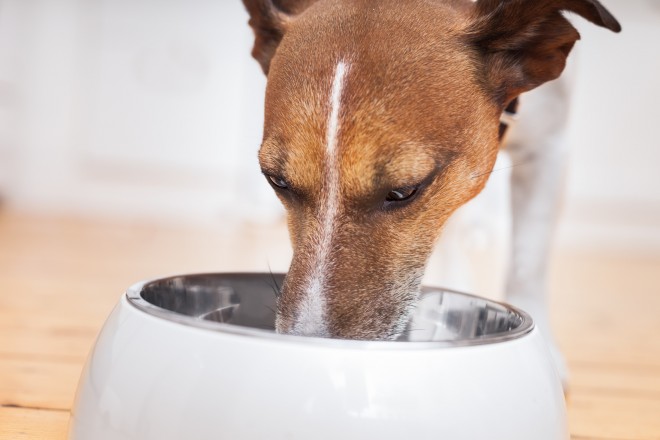 Six Ways To Tell If Your Dog Food Is Worth The Price You Pay
Six Ways To Tell
Six Ways To Tell If Your Dog Food Is Worth The Price You Pay
Six Ways To Tell
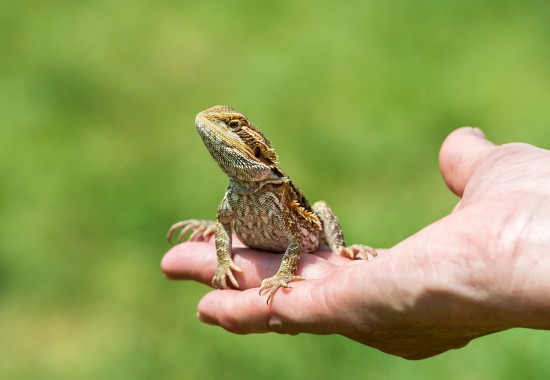 How To Pick Up And Handle Your Pet Lizard, And The Best Pet Lizards For Hands-on People
How To Pick Up An
How To Pick Up And Handle Your Pet Lizard, And The Best Pet Lizards For Hands-on People
How To Pick Up An
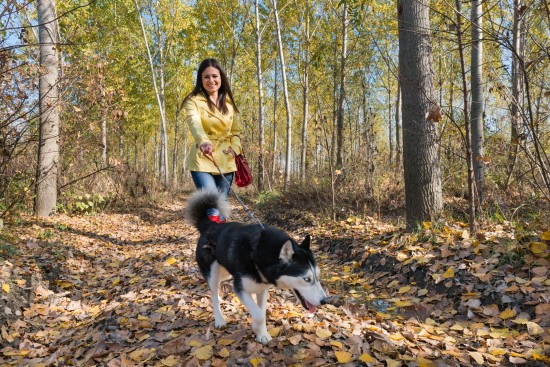 Staying Safe When Walking Your Dog
Staying Safe When
Staying Safe When Walking Your Dog
Staying Safe When
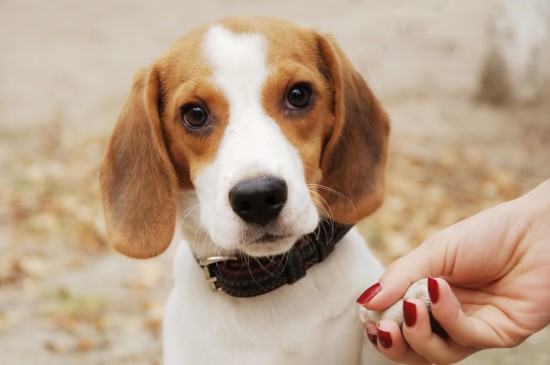 How To Deal With Cracked Pads & Other Dog Paw Injuries
How To Deal With
How To Deal With Cracked Pads & Other Dog Paw Injuries
How To Deal With
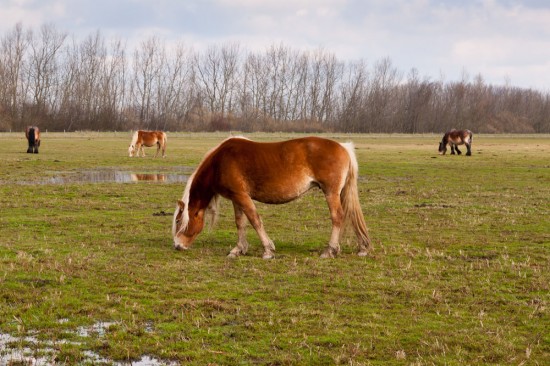 Winter Pasture Management
Winter Pasture Ma
Winter Pasture Management
Winter Pasture Ma
Copyright © 2005-2016 Pet Information All Rights Reserved
Contact us: www162date@outlook.com